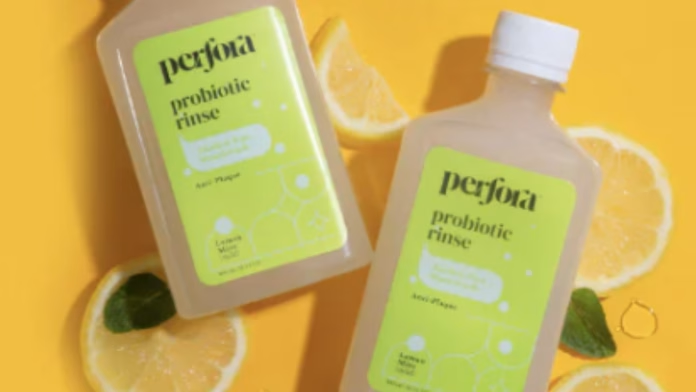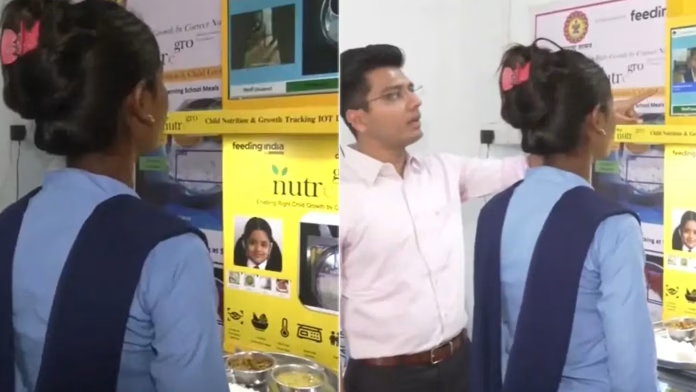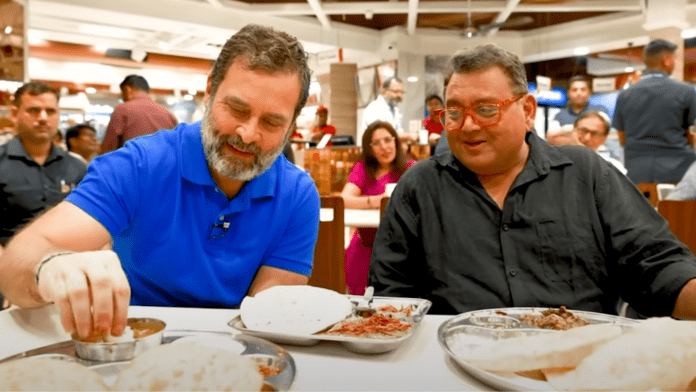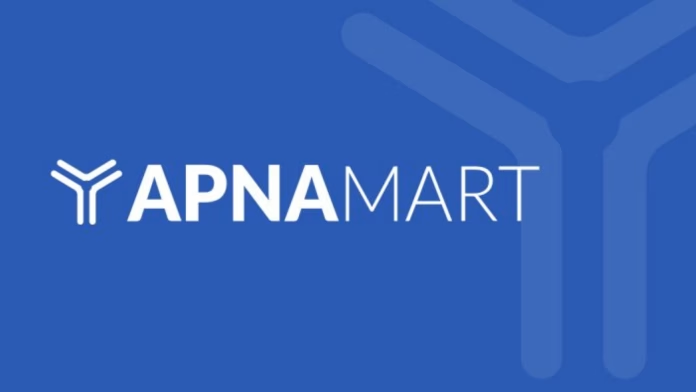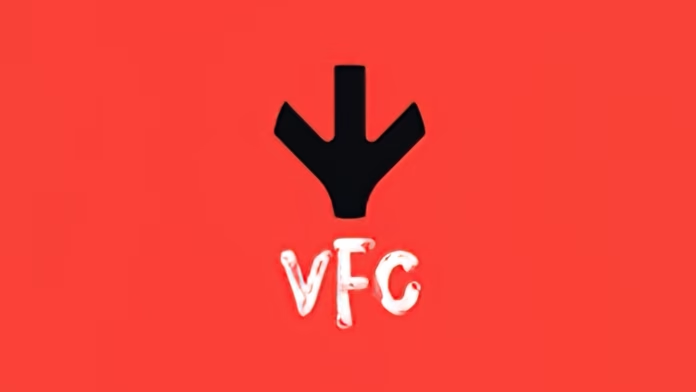As professionals, it’s important to leave a lasting positive impression on our colleagues and clients. While a great work ethic and professional demeanor are crucial, something as simple as fresh breath can make all the difference. That’s where Perfora’s fresh breath care products come in – a simple yet effective way to leave a lasting positive image.
Importance of Fresh Breathe in Maintaining Good Personality
Having a fresh breath is not just about avoiding unpleasant odors. It can actually be a game-changer when it comes to building a good personality and making a positive impact on others. Here are some reasons why fresh breath is important for a good personality and can be a game-changer:
- Builds confidence:
When you have fresh breath, you feel more confident in social situations. You can talk and interact with others without worrying about your breath. This confidence can help you to make a positive impression on others and build strong relationships.
- Increases Approachability:
People are more likely to approach and engage with someone who has fresh breath. This is because fresh breath makes you more approachable and likable. It can help you to build relationships with colleagues, clients, and other important people in your life.
- Shows good hygiene:
Having fresh breath is a sign of good hygiene. It shows that you take care of yourself and pay attention to your personal grooming. This can make you more attractive to others and help you to build a good reputation.
- Improves communication:
Fresh breath can improve your communication skills. When you have fresh breath, you are more likely to speak up and engage in conversation. You can express yourself more clearly and confidently, which can help you to build strong connections with others.
- Creates a positive impression:
Fresh breath can create a positive impression on others. It shows that you are attentive to detail and care about your appearance. This can help you to build a positive reputation and make a lasting impression on those around you.
Perfora’s Fresh Breathe Combo
Perfora’s fresh breath care products include mouthwashes, mints, and sprays that are designed to eliminate bad breath and leave your mouth feeling clean and fresh. Their products are made with high-quality ingredients that are clinically proven to fight bacteria and freshen breath, ensuring that you feel confident and refreshed throughout the day.
Perfora’s fresh breath combo is a complete solution for maintaining fresh breath and improving oral hygiene. This combo includes two products that are:
- Awake Toothpaste
- Probitic Rinse
These work together to provide long-lasting freshness.
Perfora’s Rinse is formulated with high-quality ingredients that fight bacteria and freshen breath. It is alcohol-free and gentle on the mouth, making it suitable for everyday use. The mouthwash is easy to use, simply swish a capful of it around your mouth for 30 seconds to eliminate bad breath and leave your mouth feeling clean and fresh.
Together, these products provide a complete solution for maintaining fresh breath and improving oral hygiene. Whether you’re at home or on the go, Perfora’s fresh breath combo has you covered. With regular use, you can enjoy long-lasting freshness and confidence, knowing that your breath is clean and fresh.
Buy from:
Price: INR523

